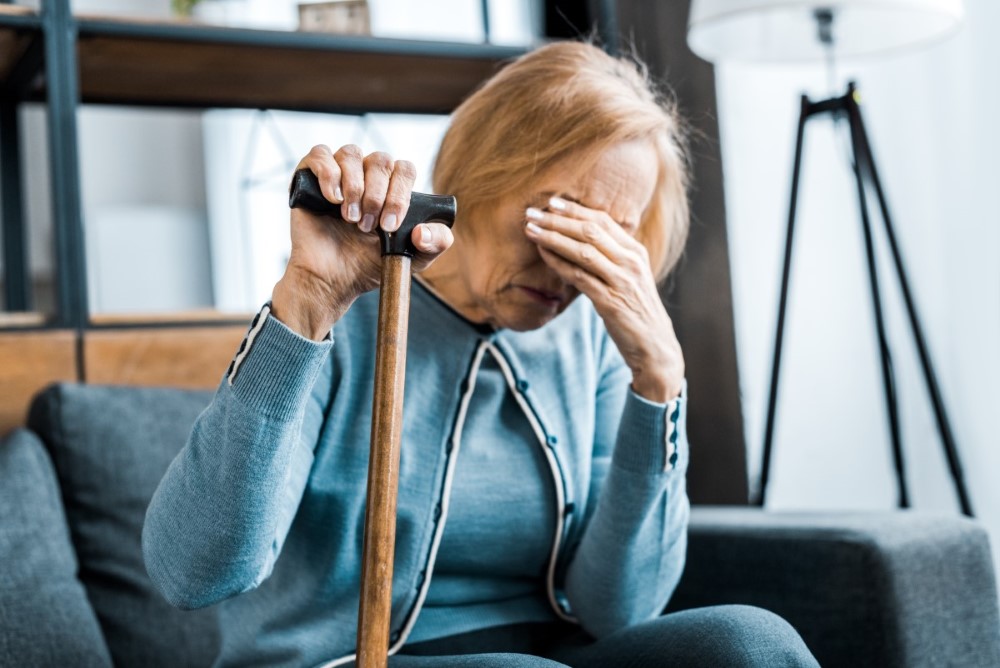Embarking on the journey to recovery is undoubtedly one of the most courageous steps you or a loved one can take. Yet, as you navigate the complexities of addiction treatment in South Africa, it’s essential to recognize the significance of a supportive community. In the age of digital connectivity, various online platforms have emerged as invaluable resources, bridging the gap between those seeking help and the vast network of treatment options and recovery communities available.
Imagine you’re in the midst of battling addiction, feeling isolated and unsure where to turn. Logging onto these online platforms allows you to connect with people who have walked the same path, offering guidance, support, and firsthand insights. But why is this community connection so pivotal?
Central to many recovery philosophies, including the 12-step program, is the notion that connection and mutual support are transformative. By sharing experiences, challenges, and victories with others, you’re not only reminded that you’re not alone, but you’re also granted the tools and encouragement to persevere. The 12-step philosophy emphasizes surrendering one’s ego, acknowledging vulnerabilities, and leaning on a supportive community. Through these online platforms, this ideal comes to life in the digital realm, ensuring no one remains isolated in their journey.
Furthermore, evidence-based therapy has consistently proven its efficacy in the realm of addiction treatment. Cognitive Behavioral Therapy, for instance, equips individuals with the skills to identify and manage triggers. By participating in online communities and reading shared stories, you can gain additional insights into applying these therapeutic techniques in real-world scenarios.
As you consider tools like online platforms for support in addiction treatment in South Africa, it’s essential to be aware of potential controversies and debates surrounding these platforms and their role in the recovery landscape.
There’s a conversation around the authenticity and accountability of online platforms. How can you be sure that the experiences shared on the site are genuine or that the advice given is professional and reliable? When making potentially life-altering decisions based on online interactions, it’s natural to have reservations.
Additionally, the idea of privacy and confidentiality is paramount in addiction treatment and recovery. By sharing personal stories and experiences online, there’s a lingering concern about the potential misuse of this information. In the age of data breaches and cyber-attacks, you might be cautious about how much to reveal and the implications of doing so.
Moreover, while the 12-step philosophy emphasizes community and shared experiences, it traditionally hinges on face-to-face interactions and mutual physical presence. Some purists argue that digital interactions cannot replace the tangible benefits of in-person support groups. They might feel that the essence of the 12-step program, with its roots in interpersonal connection and mutual accountability, might get diluted in the online realm.
While evidence-based therapy is widely acknowledged for its effectiveness, its implementation in online environments raises eyebrows. For you or your loved ones, how does one ensure that the online advice aligns with tried-and-tested therapeutic techniques? Without the guidance of trained professionals overseeing these online interactions, there’s a risk of misinformation or misinterpretation.
As you explore online platforms for support, it’s essential to approach with an informed perspective. Weigh the pros and cons, be aware of potential pitfalls, and always prioritize what feels right for you and your unique journey.




